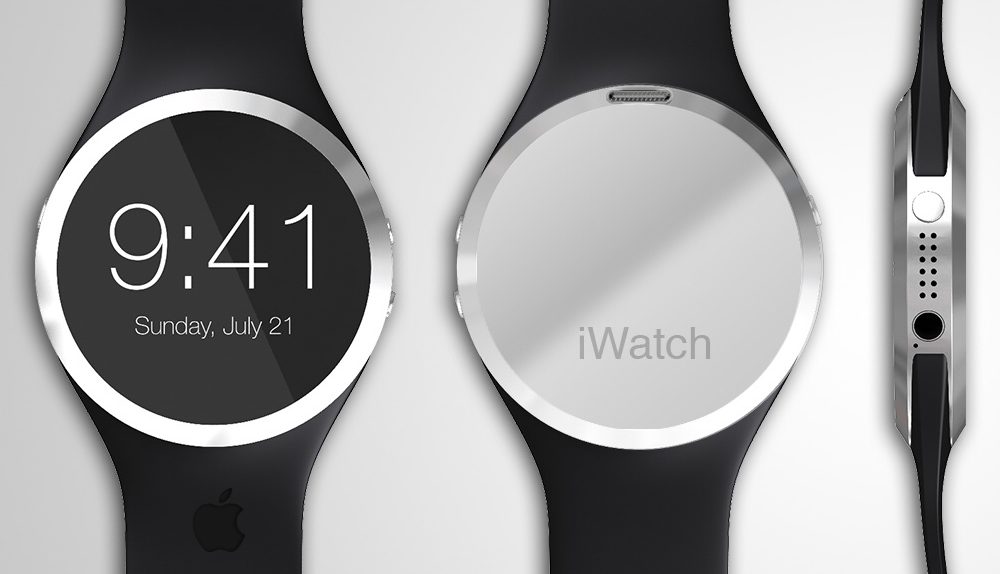As ZDNet reports, some recent LinkedIn profile updates indicate that Apple has hired biomedical engineers from companies including Vital Connect, Sano Intelligence, O2 Medtech and Masimo. These companies manufacture devices that monitor respiratory functions, heart rate and body temperature. What might the biomedical monitoring functions of iWatch mean for the regular consumer? Many of the companies Apple seems to be hiring from have far broader and deeper goals than telling people what their heart rate is.
Vital Connect is planning to integrate its HealthPatch technology into hospital emergency room admissions, possible surgeries and dispatch routines. If this goal is realized, it would be nothing short of a revolution in the United States healthcare system since it would introduce the idea of continuous, seamless, wireless monitoring of vital signs throughout the patient visit. Might Apple be entertaining the notion of not only providing people with health monitoring hardware, but also a serious effort of revamping the ER or hospital visit experience? This would be a monumental undertaking.
Sano Intelligence is developing a patch that monitors blood chemistry data that in turn is then transmitted to a smartphone. The company website still features nothing but the “API for the bloodstream” slogan. 30 million Americans have been diagnosed with Type 2 Diabetes, so just measuring blood sugar levels is big business. Globally, diabetes is turning into an epidemic from China to Brazil.
O2 MedTech has filed a flurry of patents around the theme of “non-invasive spectrophotometric monitoring of an optical property of a tissue volume.” Much as with Sano Intelligence, the goal seems to be deciphering as much about your blood chemistry as possible without sticking you with a needle. Masimo is also in the same ballpark: Its pulse oximetry technology enables non-invasive measurement of total hemoglobin, oxygen content of blood, etc.
Of course, Apple could be hiring people from these companies without planning to duplicate precisely the projects they have been working on. Nevertheless, it’s intriguing to think that Apple may be plotting to dive deep into real-time blood chemistry, heart rate and respiration analysis. This could turn the iWatch into a far more medical device than most industry observers have earlier anticipated.
It’s not impossible that the long-term goal here is to integrate the device into U.S. healthcare infrastructure, particularly the gigantic and old-fashioned health insurance sector. Could consumers be granted cheaper insurance premiums if they agree to wear iWatches, which could help speed up heart attack response, blunt the damage from diabetes and even predict coming health crisis like strokes? Could the insurance premiums be tied into goals for lower blood sugar spikes, blood pressure maintenance and exercise requirements?
This is treacherous territory, because privacy issues are something very much on people’s minds right now. But if there is one major industry in America sorely in need of a high-tech overhaul, it’s healthcare.




